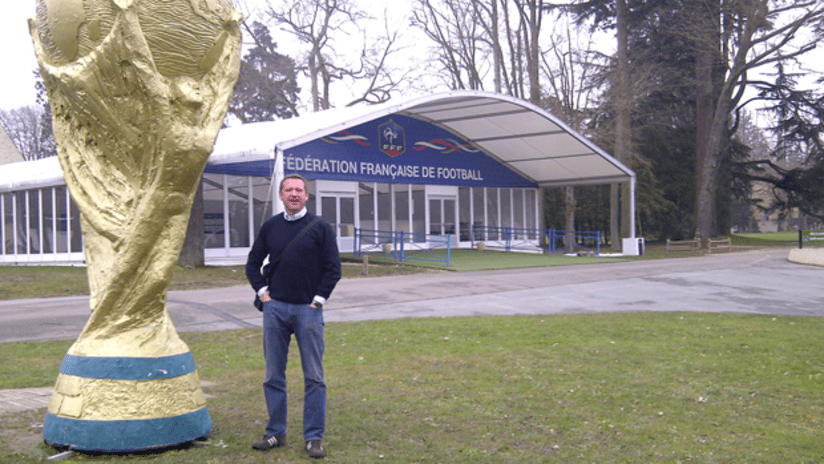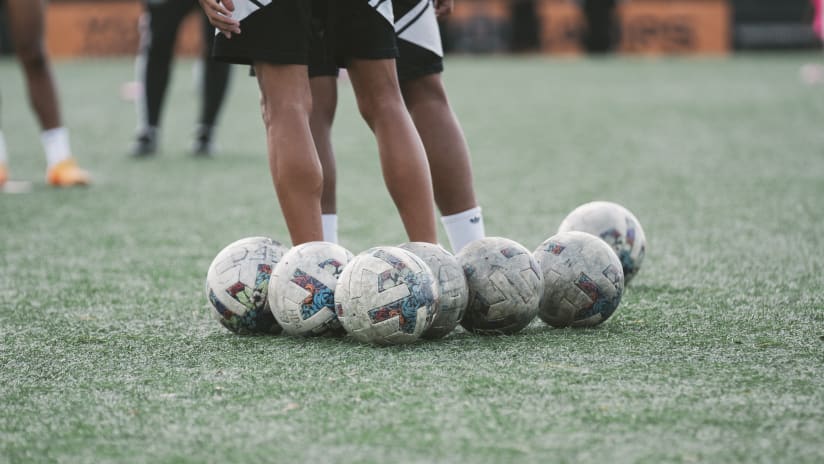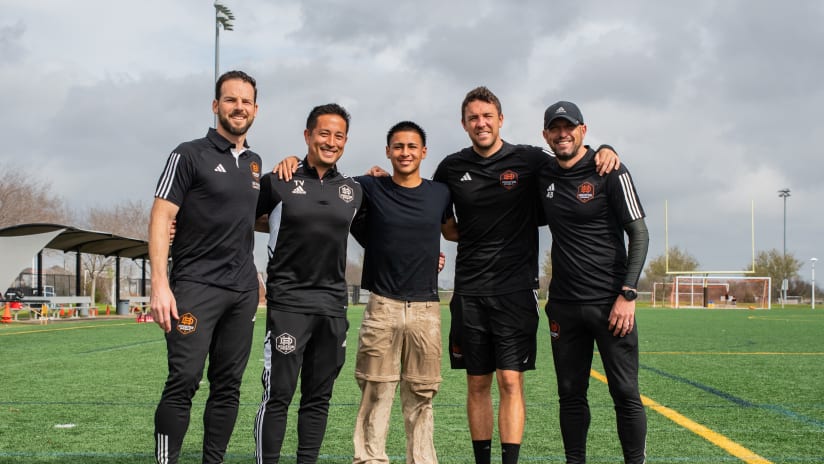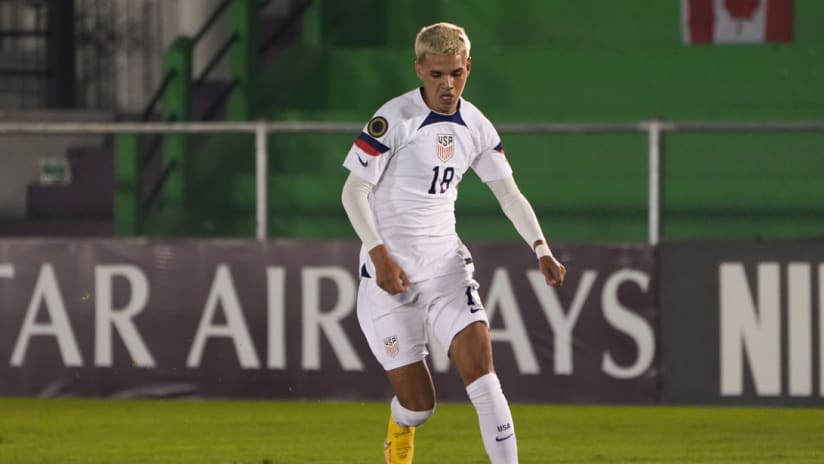In an effort to enhance the quality of play in Major League Soccer at the Academy level, MLS recently formed a partnership with the French Football Federation to provide MLS academy coaches with world class training through a 16-month development course as well as the opportunity to earn their Elite Formation Coaching License.
The program kicked off earlier this month as a representative from each MLS Academy flew to France to take part in a two-week introductory course. Dynamo director of youth development James Clarkson was Houston's representative on the trip. We caught up with Clarkson to get his thoughts on the two-week course and how he feels the program will help the future of American soccer.
HoustonDynamo.com: Let's start by you telling us the purpose of your trip to France.
James Clarkson: MLS has a plan to be one of the best leagues in the world by 2022 and part of the strategy to get there is through youth development. Through their relationship with the French Football Federation, a representative from each club sent someone from their Academy to participate in their Elite Formation Coaching License (EFCL). They chose France because after Brazil, they produce the most players that play in the top leagues in the world.
HD: What did you all do while you were in France?
JC: The first week we were in Clairefontaine, which is the national training center for the French Football Federation. While there, we got an introduction to the course, the philosophies and methodology. A lot of that week was about discovering who you were as a coach.
HD: Is Clairefontaine set up similar to Bradenton in the United States?
JC: Yes, but they have multiple training centers where players go in for two years. They train between the ages of 13-15 before going off to professional clubs.
HD: While in Clairefontaine, what did you all do?
JC: A lot of the work was theory-based in the lecture hall. Every evening we watched one of their instructors coach a group of players. This is how they are producing their elite players. It’s not just a coaching course, it’s about producing elite players. It's completely different from the American methodology but the results are there to be seen.
HD: Following the week in Clairefontaine, where did the group go?
JC: After the first week, the groups broke up and went to different clubs in Europe. I went to Lyon [otherwise known as Olympique Lyonnais]. That was great because I actually got to see the theory I had just watched in Clairefontaine be put in place at the Academy level of a top French football club ... Lyon have developed 52 pros in the past 12 years with one age group approaching $82 million in transfer fees.
HD: You have studied coaching in England, America and now France. What stood out about coaching methods in France?
JC: There is no shouting; It was incredibly calm. There is a big emphasis on learning through the game and setting up situations that will tactically challenge the players while also improving their technique. Rather than telling the players what to do, there is a lot of asking players what they think they should be doing.
HD: What are the next steps in the proces?
JC: French coaches will come here during the summer and all of the MLS coaches that were on the trip will meet with them at a central location. Then the French coaches will come to the individual clubs for a few weeks and later down the road we will head back to France for more classes and hands-on experience with their methods.
HD: What are some of your key takeaways from the experience?
JC: My first is that there are some really smart people in American soccer. I think even the French officials were surprised at some of the questions being asked. My second would be that the Dynamo are on the right path, but we have to understand that this is going to take some time. The course is two years. Then we need to teach our staffs and implement the whole process which could take another 2-3 years. I also think we need to take the best of what we have seen from around the world and make it fit for us. I think if we can take the good pieces and mold it into the Dynamo Way, then the key to long-term player development will be consistency.




